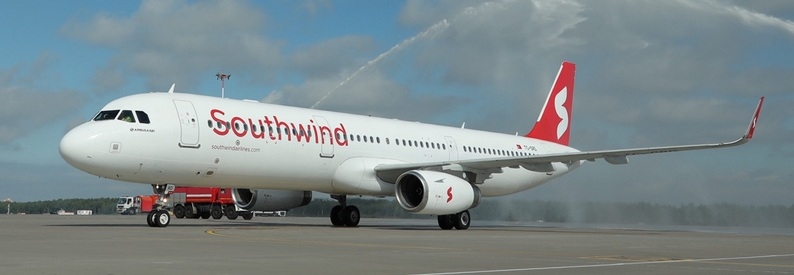Turkey PM to seek US backing on Iraq, Cyprus
ANKARA (AA) – Turkish Prime Minister Tayyip Erdogan heads to the United States on Sunday to seek the Bush administration’s support on two issues of strategic importance to Turkey — Iraq’s future shape and the fate of divided Cyprus.
Erdogan, on his first visit to Washington since taking office nearly a year ago, will also be keen to reaffirm Turkey’s traditionally close ties with its NATO ally after a period of tension sparked by the war in Iraq.
Erdogan meets President George W. Bush in the White House on Wednesday and can expect warm words for his drive to improve Turkey’s human rights record, reform its battered economy and win a date from the European Union to open entry talks.
"We see this as a very important year for Turkey, and for Turkish-U.S. relations," said one U.S. official, who asked not to be identified. The United States, struggling to restore order in postwar Iraq, has said it wants Turkey, the region’s main economic and military power, to play a bigger role in the reconstruction.
But Erdogan will want to stress Turkey’s opposition to any ethnically based federation which would award northern Iraq’s Kurds wide-ranging autonomy and control of oil-rich Kirkuk. Turkey, along with Syria and Iran, fears such a move could stoke separatism among their own Kurdish populations. Ankara’s security forces battled Turkish Kurdish rebels from 1984 in a campaign that cost some 30,000 lives. Fighting has mostly
subsided since rebel chief Abdullah Ocalan was captured in 1999.
To Ankara’s dismay, Washington has not discouraged the Iraqi Kurds’ talk of autonomy and expanding their territory, saying only that it is for Iraqis to decide how they will be governed.
"There are ethnic elements demanding a federal structure, but we think this is wrong," Erdogan said on Saturday while attending the World Economic Forum in Davos, Switzerland. The U.S. official tried to assuage Turkish fears. "We are committed to the sovereignty and territorial
integrity of Iraq… We all want an Iraq that has good relations with its neighbours," he said.
CYPRUS HOPES
The other key theme of Erdogan’s five-day U.S. trip is Cyprus, where Ankara now says it backs a resumption of peace talks between Greek and Turkish Cypriots with a view to reaching a settlement before the island joins the European Union in May.
In Davos on Saturday, Erdogan urged U.N. Secretary-General Kofi Annan to appoint a new "impartial" mediator on Cyprus but drew a cool response. Turkey has signalled in the past that it would like Washington to play such a "mediator" role.
The United States, like the European Union, strongly backs the Annan blueprint for reunifying the island, which the Turkish Cypriots rejected last March. The plan envisages a loose federation with broad autonomy for the two ethnic communities.
Without a deal, the Union will admit only the internationally recognised Greek Cypriot government, a step that risks cementing the island’s division, increasing the Turkish Cypriots’ isolation and harming Turkey’s own EU aspirations.
U.S. Secretary of State Colin Powell — mooted by Turkish media as a possible mediator — welcomed Turkey’s commitment to a deal and he urged the Greek side also to show flexibility.



